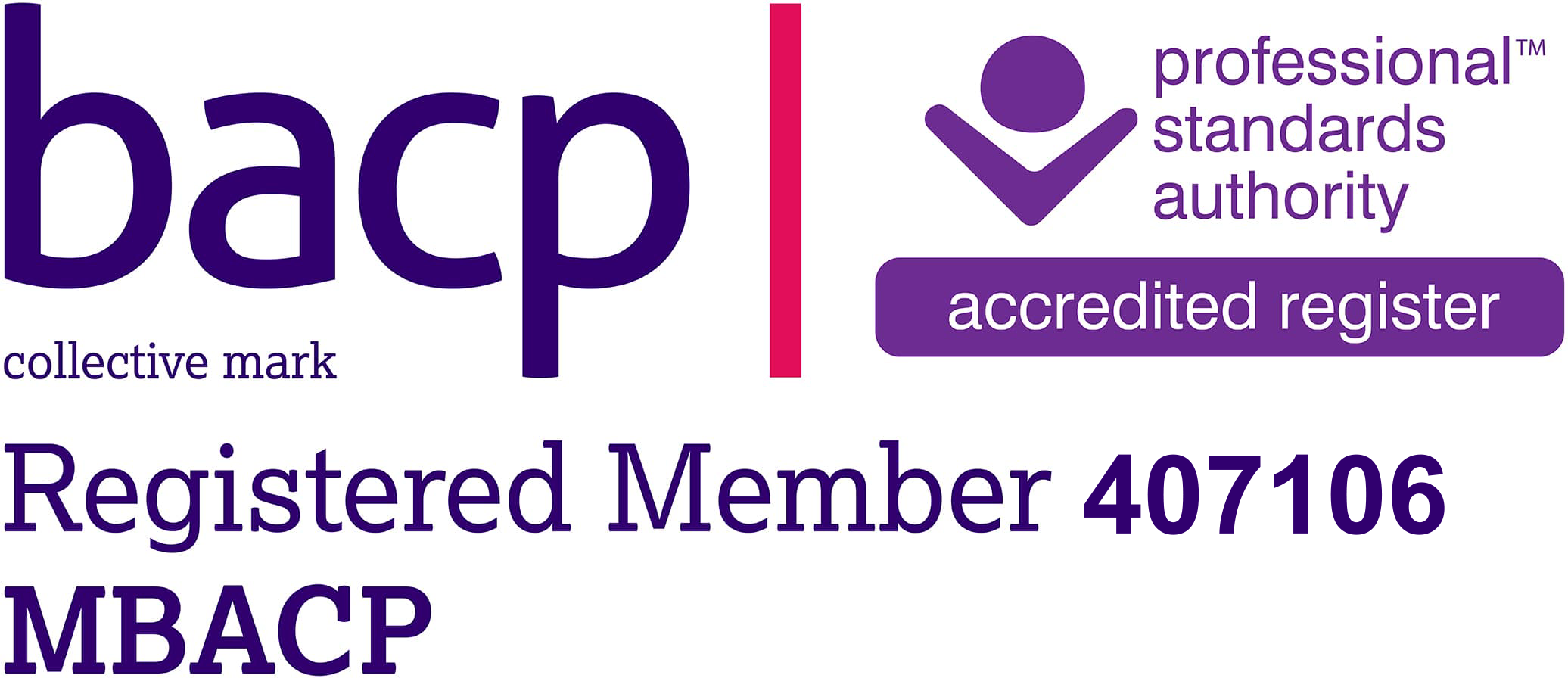Therapeutic Approach
As an integrative-relational counsellor, I draw on a range of therapeutic approaches to meet your unique needs. At the core of my work is the belief that the client-therapist relationship is essential for fostering healing and lasting change.
Beginning therapy, you might say, is embarking on a transformative journey. You can think of me as a guide, who has successfully undertaken similar journeys before and can recognise the important landmarks. The map I am using, though, does not identify the precise route we will take. So, in a way, we go on an adventure together.
Because of difficult or traumatic life experiences, we often disconnect from parts of ourselves. In our work, we will explore and embrace the parts of you that may have been rejected, hidden, or misunderstood. In this way, you can gain a more authentic sense of self and live more fully.
My approach is collaborative, ensuring you have autonomy over the content and pace of the sessions.
In the initial consultation, we will identify your goals and discuss how we can work together towards them. You may come to therapy without a specific issue in mind, but with a sense that something is not quite right, or a desire to gain greater insight into yourself.
And the end of all our exploring
Will be to arrive where we started
And know the place for the first time."
I draw on a number of therapeutic approaches:

Psychodynamic
The psychodynamic approach addresses inner conflicts and explores how unconscious thoughts, feelings, and past experiences exert a powerful influence on a person’s life.

Relational
The relational approach prioritises the therapeutic relationship as the foundation for change and growth, fostering a deeper understanding of the self within relationships.

Humanistic
The humanistic approach focuses on an individual’s present experience and their individual capacity for self-directed growth ultimately promoting self-discovery and holistic well-being.

Cognitive Behavioural Therapy (CBT)
The cognitive-behavioural approach aims to identify and reframe negative thought and behaviour patterns to improve emotional regulation and coping strategies. It can help you develop more positive ways of thinking and responding.

Creativity / Mindfulness
When helpful, I incorporate creativity and mindfulness, offering new ways to express and process experiences. This may include gently integrating mind and body through visualisation, as well as using tools such as a sand tray, postcards, nesting dolls or stones.


